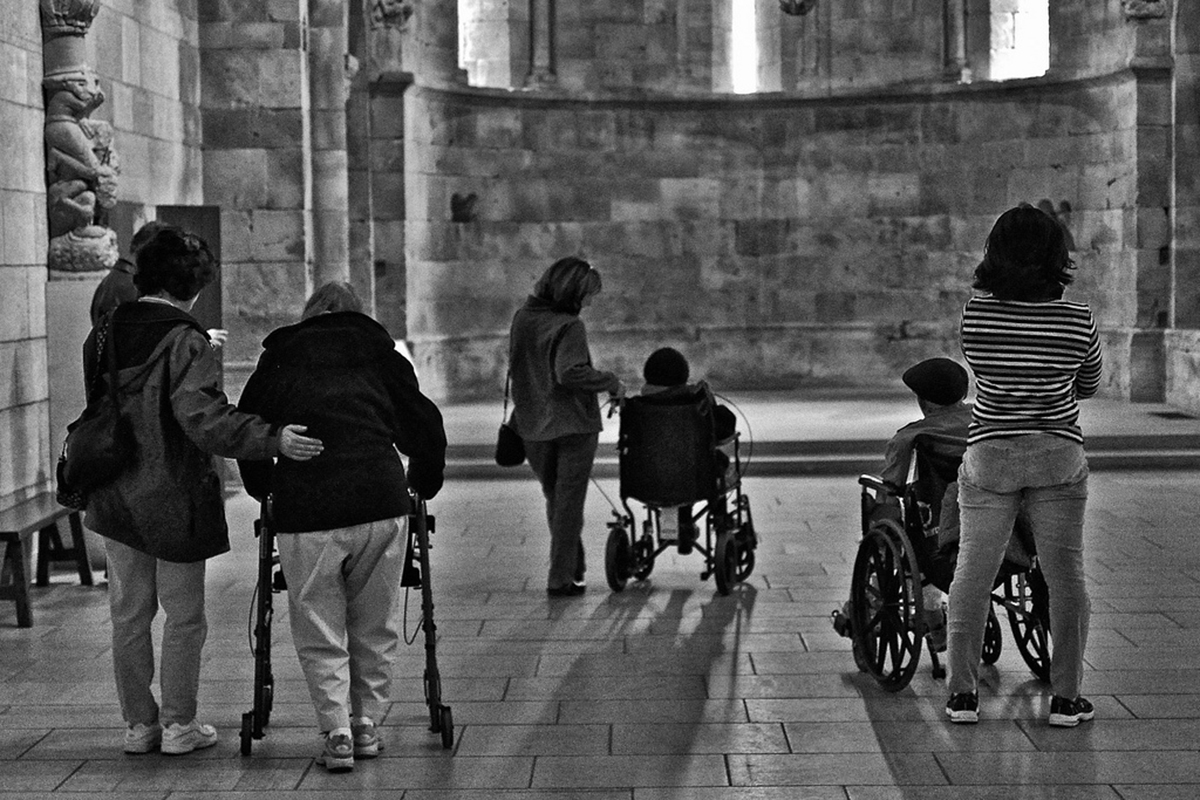Table of Contents
When the specially bred mice did not get sleep at the proper time (which for a mouse is during the day, unlike humans who naturally sleep at night), they tended to develop diabetes, obesity, and high blood pressure. Similar effects have been demonstrated for sleep-deprived humans.

And when mice did not get their sleep during their normal sleeping times, their brains accumulated free radicals to toxic levels. They developed conditions analogous to Alzheimer's in humans as their brains accumulated damage that was never repaired.
In humans, this kind of uncompensated damage to the brain causes a condition called sundowning, or late-day confusion. Sundowning isn't really a disease, but it is a symptom shared by Alzheimer's disease, Lewy body dementia, Parkinsonian dementia, and other conditions of greatly reduced mental competence caused by brain-based disease. While the connection between sundowning and the brain's internal circadian clock is theoretical, if you have to deal with this symptom in caring for someone you love, there are, fortunately, a number of things you can do.
- Encourage staying awake during the day and sleeping at night. You can do this by making sure the person who has the degenerative brain condition is exposed to strong light in the morning and lights are out at night. Blue light is the wavelength that activates the brain. Morning sunlight contains blue light, and sun lamps designed to treat this condition and seasonal affective disorder provide blue light, too. Without these wavelengths, it is hard for the brain to wake up. Conversely, any blue light at night has to be avoided. If you have a nightlight, make sure you put in a yellow bulb.
- Limit caffeine and sugar to the morning hours. It's relatively OK to be "hyper" in the morning, but the brain has to get its down time at night to be ready to make clean up enzymes in the morning.
- Serve dinner early, so the digestive process does not interfere with sleep.
- Minimize confusion in the middle of the afternoon. In a nursing home or extended care facility, it is important for workers to leave quietly, if they leave around 3 o'clock pm (1500), to avoid creating a cue to for the patient to leave, too. Escapes from full-time care facilities are especially likely in the middle of the afternoon.
And ask your doctor about adding melatonin to your loved one's treatment program. Melatonin is the hormone that induces sleep. It is made by the pineal gland of the brain when the eyes are not exposed to blue light. The retina is so sensitive to blue light that even when the eyes are shut blue light can be detected. This is why sound sleep requires exclusion of even tiny amounts of blue light in the bedroom.
See Also: Alternative Therapies For Alzheimer's Disease
Supplemental melatonin may replace the melatonin the brain is unable to make because of the patient's need for light for security and getting around. Because melatonin is also an antioxidant, supplemental melatonin, some scientists believe, can replace the enzymes not made by the brain during morning hours. It may delay the deterioration caused by brain disease. Melatonin supplements are generally safe and effective even in relatively large (up to 10 mg) doses, but some people will experience restless legs, headache, or stomach upset when first taking the supplement.
- McClung CA. Mind your rhythms: an important role for circadian genes in neuroprotection. J Clin Invest. 2013 Dec 2. 123(12):4994-6. doi: 10.1172/JCI73059. Epub 2013 Nov 25.
- Musiek ES, Lim MM, Yang G, Bauer AQ, Qi L, Lee Y, Roh JH, Ortiz-Gonzalez X, Dearborn JT, Culver JP, Herzog ED, Hogenesch JB, Wozniak DF, Dikranian K, Giasson BI, Weaver DR, Holtzman DM, Fitzgerald GA. Circadian clock proteins regulate neuronal redox homeostasis and neurodegeneration. J Clin Invest. 2013 Dec 2. 123(12):5389-400. doi: 10.1172/JCI70317. Epub 2013 Nov 25.
- Photo courtesy of Derek Key by Flickr : www.flickr.com/photos/derekskey/9167917106/
- Photo courtesy of K. Kendall by Flickr : www.flickr.com/photos/kkendall/8661859964/

